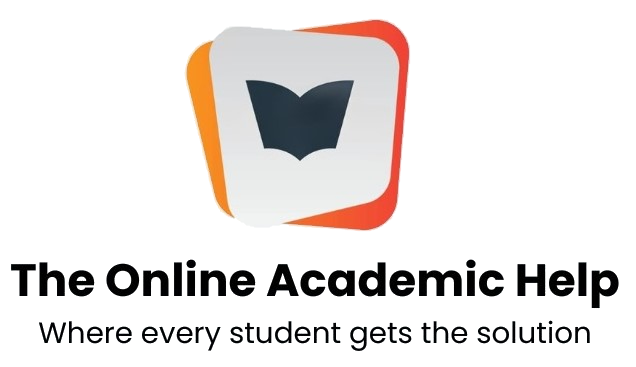Title: Planning inclusive experiences
Length: 3 pages, including 2-pages for your experience plan; and 1-page for your explanation and justification
Due: Apr 04
Description:
You will create a 2-page experience plan suitable for children 0-5 (you may choose a specific age range within this), focusing on ONE of the following learning areas:
1. The Arts
2. Literacy
3. Numeracy
4. Science, Technology and Engineering
You may choose any experience plan template that you wish, as long as it covers the following:
· Title of experience
· Proposed length of experience
· Resources
· Age of children
· Links to the Early Years Learning Framework (EYLF)
· Clear details of the experience, including what the children are expected to engage in, and what teaching strategies will be used throughout the experience.
· Strategies for inclusive assessment
· Strategies for extending and supporting diverse children
You will also write a 1-page explanation and justification of your experience plan, which will include a brief explanation of your experience and a justification on how your experience addresses the diverse needs of children. It is important that you move beyond description here, and towards a critical justification of the inclusive nature of your experience plan, drawing on relevant literature throughout to support your discussion.


Prescribed text:
Cologon, K. (2014). Inclusive education in the early years: Right from the start. Oxford University Press. (Chapter 12).
Cologon, K. (2014). Inclusive education in the early years: Right from the start. Oxford University Press. (Chapters 17 and 20).
Cologon, K. (2014). Inclusive education in the early years: Right from the start. Oxford University Press. (Chapters 18 and 19).
Cologon, K. (2014). Inclusive education in the early years: Right from the start. Oxford University Press. (Chapter 21).
Reading:
CAST. (n.d.). About Universal Design for Learning. https://www.cast.org/impact/universal-design-for-learning-udl
Podcast:
Novak, K. (Host). (2021, February 18). Common misconceptions about UDL [Audio podcast episode]. In The think inclusive podcast. Anchor FM. https://anchor.fm/think-inclusive/episodes/Katie-Novak–Common-Misconceptions-About-UDL-eq9chd/a-a3jl799
CAST. (n.d.). About Universal Design for Learning. https://www.cast.org/impact/universal-design-for-learning-udl
Nutbrown, C. (2013). Conceptualising arts-based learning in the early years. Research papers in education, 28(2), 239-263. https://10.0.4.56/02671522.2011.580365
Wexler, A., & Leuthi-Garrecht. (2015). Beyond Accommodations: Designing for nonverbal/nonauditory learners in the inclusive art room. Art Education, 15-21. https://doi.org/10.1080/00043125.2015.11519309
Podcast:
Causton, J. (Host). (2020, January 30). The ART of seeing in inclusive classrooms with Sherrill Knezel. (No. 21) [Audio Podcast episode]. In The inclusion podcast. https://www.podbean.com/ew/pb-zkwrx-cf596d
CAST. (n.d.). About Universal Design for Learning. https://www.cast.org/impact/universal-design-for-learning-udl
Niland, A. (2021). Picture Books and Young Learners’ Reading Identities. The Reading Teacher, 74(5), 649-654. https://doi.org/10.1002/trtr.1994
CAST. (n.d.). About Universal Design for Learning. https://www.cast.org/impact/universal-design-for-learning-udl
MacDonald, A., Carmen, H., Shukla, S., & Dania, L. (2020). Effective early childhood STEM education: Findings from the Little Scientists Evaluation. Early Childhood Education Journal, 48(3), 353-363. https://10.0.3.239/s10643-019-01004-9
